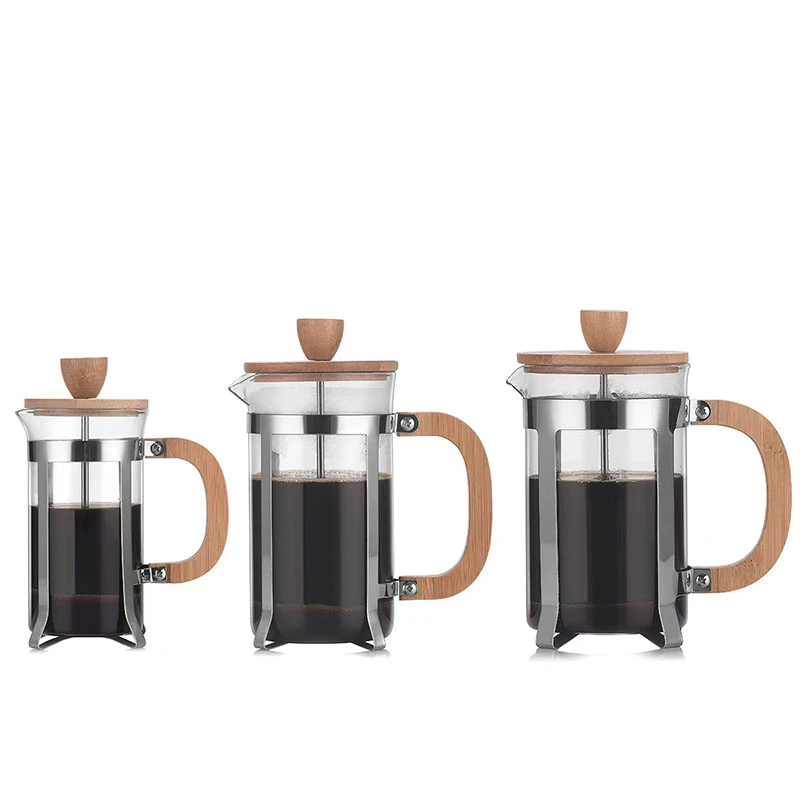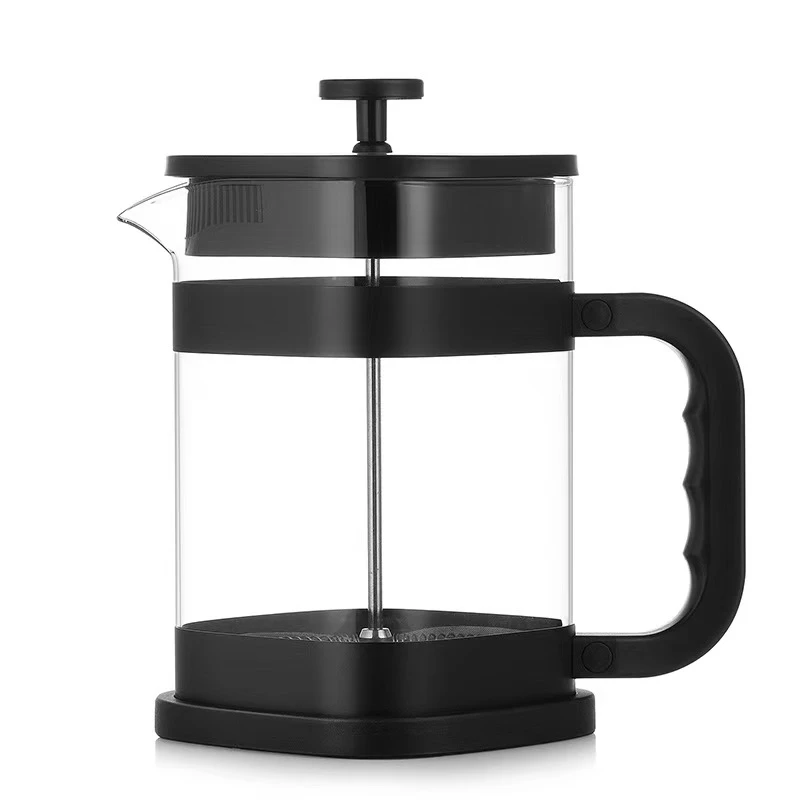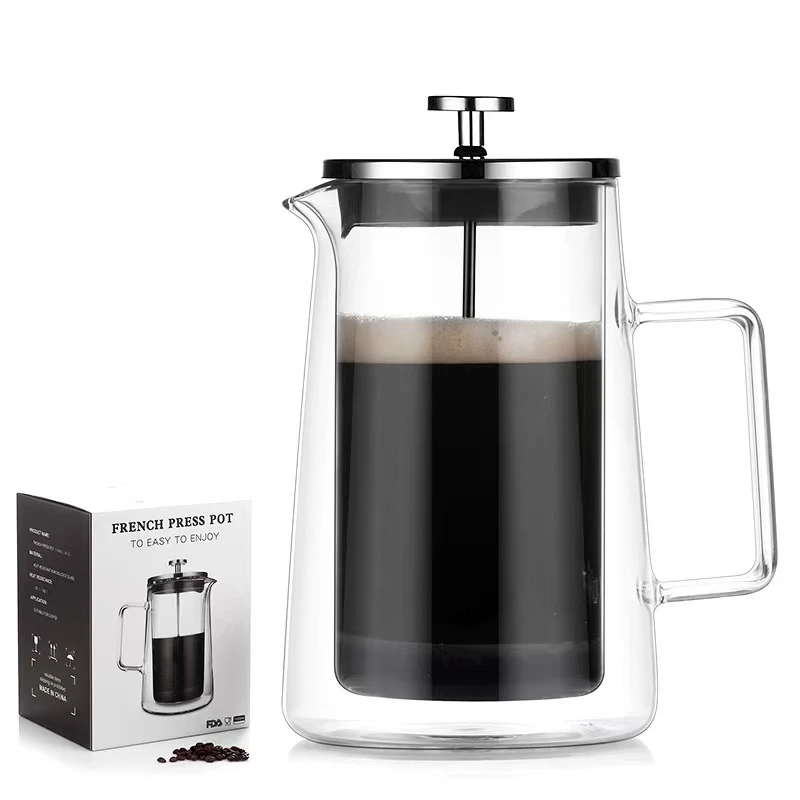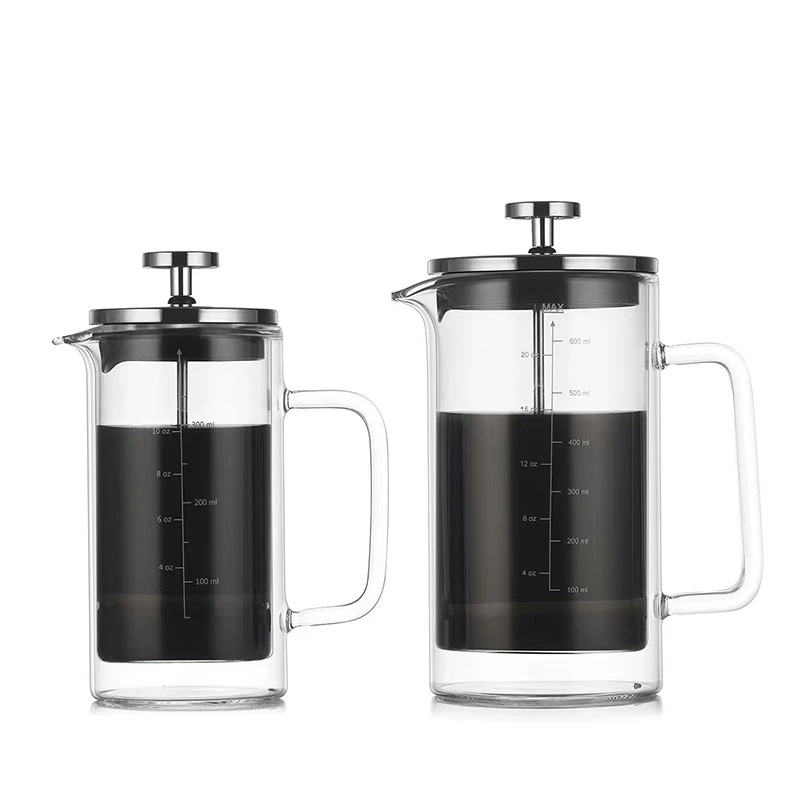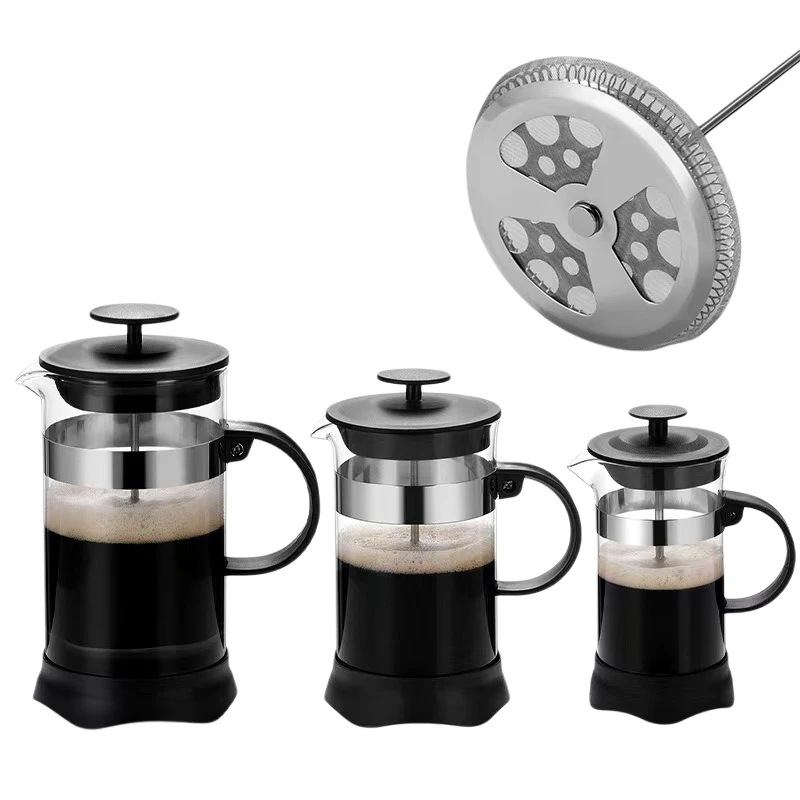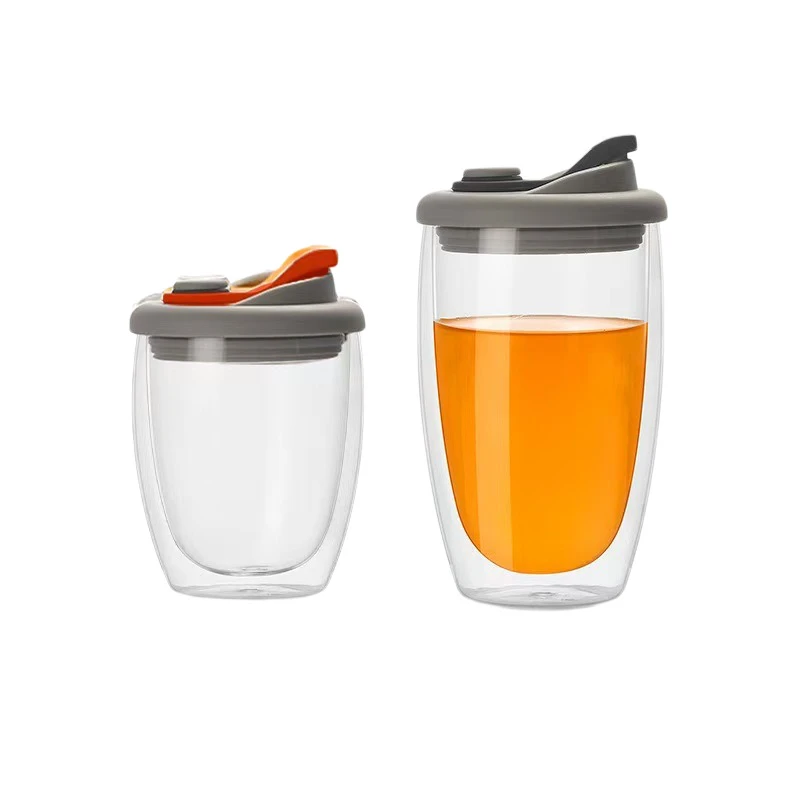 TEL: +86 311 67799298
TEL: +86 311 67799298 Email: tina@yintoglassware.com
Email: tina@yintoglassware.com
Choosing the Right Glassware Safe Options for Microwave Use
The Importance of Using Microwave-Safe Glassware
In our fast-paced lives, the microwave oven has become an essential kitchen appliance. It offers a quick and convenient way to heat up leftovers, cook meals, and even defrost frozen foods. However, with the convenience of microwaving comes the responsibility of ensuring that we use the right materials. One of the most important considerations is the glassware we choose to use. This article will explore the significance of using microwave-safe glassware, the benefits associated with it, and how to identify suitable products.
Understanding Microwave-Safe Glassware
Not all glassware is created equal, especially when it comes to microwave usage. Microwave-safe glassware is specifically designed to withstand the high temperatures and rapid heating that microwaves generate. When using glass in the microwave, it is essential to ensure that it is labeled as microwave-safe. This label indicates that the glass has been tested for use in microwave ovens and can handle the temperature changes without breaking or leaching harmful substances.
The Dangers of Non-Microwave-Safe Glassware
Using inappropriate glassware in a microwave can lead to disastrous results. Regular glass or glass that is not marked as microwave-safe can crack, shatter, or explode when exposed to the intense heat of a microwave. These accidents not only ruin your food but can also pose a safety risk, potentially leading to injuries from shattered glass. Additionally, using non-microwave-safe glass can release harmful chemicals into your food, especially if the glass contains lead or other toxic materials.
Benefits of Microwave-Safe Glassware
1. Safety The primary benefit of using microwave-safe glassware is safety. This type of glass is designed to endure high temperatures without breaking or releasing harmful substances. When using glass that is marked as microwave-safe, you can heat your food without worrying about potential health risks or injury from accidental breakage.
2. Durability Microwave-safe glassware tends to be more durable than regular glass. It can withstand temperature changes that occur during microwaving, making it less likely to crack or shatter. Many microwave-safe glass products are also dishwasher-safe, which adds to their convenience and longevity.
3. Non-reactive Glass is a non-reactive material, meaning it does not interact with food in harmful ways. Unlike some plastics, which can release chemicals when heated, glass ensures that your food retains its flavor and nutrients. This makes microwave-safe glassware an excellent choice for reheating a variety of foods.
microwave oven safe glassware

4. Versatility Microwave-safe glassware is incredibly versatile. It can be used to heat, store, and even bake a variety of foods. Many brands offer microwave-safe glass containers with lids, making them ideal for meal prep and storage. You can easily transition from microwave to oven to refrigerator without needing to transfer food to different containers.
5. Environmental Impact In an age where sustainability is crucial, using microwave-safe glassware rather than disposable plastic containers can significantly reduce your environmental footprint. Glass is recyclable, and opting for glassware over plastic helps minimize waste and pollution.
How to Choose the Right Microwave-Safe Glassware
When selecting microwave-safe glassware, here are a few tips to keep in mind
- Look for Labels Always check for labels such as microwave-safe, oven-safe, or freezer-safe. These indicators provide assurance that the glassware is designed to handle temperature variations.
- Check the Thickness Thicker glass tends to be more robust and less likely to break under stress. However, avoid extremely thick glass if you plan to use it for high-temperature cooking, as it may take longer to heat and lead to uneven cooking.
- Avoid Decorative Glass Some decorative glass products may contain metals or paints that can become hazardous in the microwave. Stick to simple, clear glass products without embellishments.
- Examine for Flaws Always inspect glassware for any cracks or chips before use. Damaged glassware can be more susceptible to breaking during microwave heating.
In conclusion, using microwave-safe glassware is not merely a matter of convenience; it is crucial for ensuring safety, durability, and health. By carefully selecting glassware that meets microwave-safe standards, you can enjoy the efficiency of microwave cooking while safeguarding your health and well-being. Whether you're reheating last night’s dinner or preparing a meal from scratch, choosing the right glassware can make all the difference.
-
Benefits of Vacuum Containers with Pumps for Food PreservationNewsJun.12,2025
-
Glass Food Storage Container with Lid for Seal PreservationNewsJun.12,2025
-
Styling Amber Glass Plates for Modern TablescapesNewsJun.12,2025
-
Benefits of Double Wall Coffee Cups for Heat RetentionNewsJun.12,2025
-
Colored Glass Bowls in Cultural TraditionsNewsJun.12,2025
-
Durability of Colored Glass Dinnerware Compared to CeramicNewsJun.12,2025



